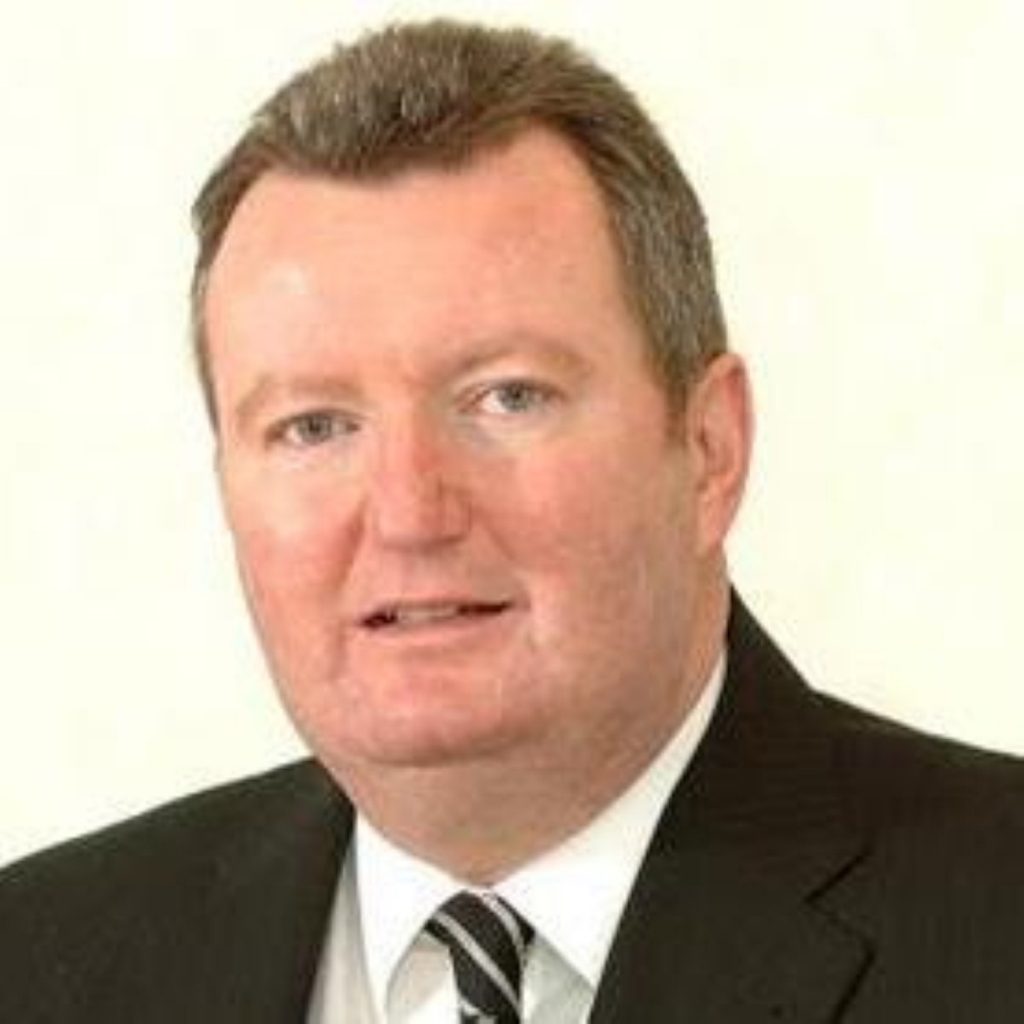Bob Quick resigns
By politics.co.uk staff
Britain’s most senior counter-terrorism police officer has resigned.
Assistant Commissioner Bob Quick’s position became untenable after being photographed outside Downing Street yesterday with top secret documents clearly readable in his hands.
This morning Mr Quick said: “Last evening I contacted the Metropolitan Police Authority to inform them of my intention to offer my resignation.


“I have today offered my resignation in the knowledge that my action could have compromised a major counter terrorism operation.
“I deeply regret the disruption caused to colleagues undertaking the operation and remain grateful for the way in which they adapted quickly and professionally to a revised timescale.”
Twelve terrorism suspects were arrested yesterday at addresses across the north-west, in a move forced on police by Mr Quick’s slip-up.
The raids took place in Manchester, Liverpool and Lancashire.
The men were due to be arrested in the early hours of this morning.
This afternoon Gordon Brown said: “I spoke to him and thanked him for all his years of service. He apologised for what went wrong yesterday.”
The prime minister also mentioned concerns about the link between Pakistan and terrorism, given the n umber of Pakistani nationals among those arrested yesterday.
“Pakistan has got to do more to root out the terrorists,” Mr Brown said.
Mr Quick will be replaced by John Yates as head of counter-terrorism. Mr Yates is understood to have met with the home secretary this afternoon.
Profile: John Yates – the successor
The speed of Mr Quick’s resignation appears to have gained him some plaudits across the political spectrum.
Liberal Democrat home affairs spokesman Chris Huhne said: “He resigned from a position of great responsibility in an honourable way.
“This should be a lesson to his political masters when they commit similar misjudgements and mistakes.”
Comment: The return of honourable resignations?
London mayor Boris Johnson has said he accepted the resignation with “great sadness”, telling the Today programme he had been “extremely unfortunate”.
Those sentiments were echoed by former mayor Ken Livingstone last night.
Mr Johnson stressed that the decision was his Mr Quick’s alone.
“I want to stress there was absolutely no kind of witch hunt or effort to get him out but I think that what people felt was this was extremely unfortunate, an operation that was very, very sensitive and important to counterterrorism, for rounding up terrorists, had been potentially compromised and there was a real difficulty there,” he said.
Shadow home secretary Chris Grayling said it was “the right decision”.
“It is unacceptable for Britain’s most senior anti-terrorist officer to have had such an extraordinary lapse in judgement,” he added.
“To put the security of his police officers and the operation at risk has rendered his position untenable.”
But Mr Quick recieved lavish praise from his boss at the Metropolitan police, commissioner Sir Paul Stephenson.
“Bob Quick is a tremendous police officer who has served with dedication and professionalism throughout his career,” he said.
“I hold Bob in the highest regard, as a friend and colleague, and that opinion has not changed. He has accepted that he made a serious error and that has led to his resignation this morning.”
Scottish National party (SNP) home affairs spokesperson Pete Wishart said: “Bob Quick’s blunder could have compromised a major police operation, and his resignation was inevitable. It is to his credit that he resigned honourably and promptly.”
Mr Quick had been attending a meeting in Downing Street to fill in the prime minister and home secretary on the operation against the men when a photographer snapped the documents he clutched in his hand.
The government instantly put out a D-notice banning any publication of the image.
“Although the operation was successful, he felt that his position was untenable,” said Jacqui Smith.
“I want to offer my sincere appreciation of all the outstanding work he has done in this role.”









